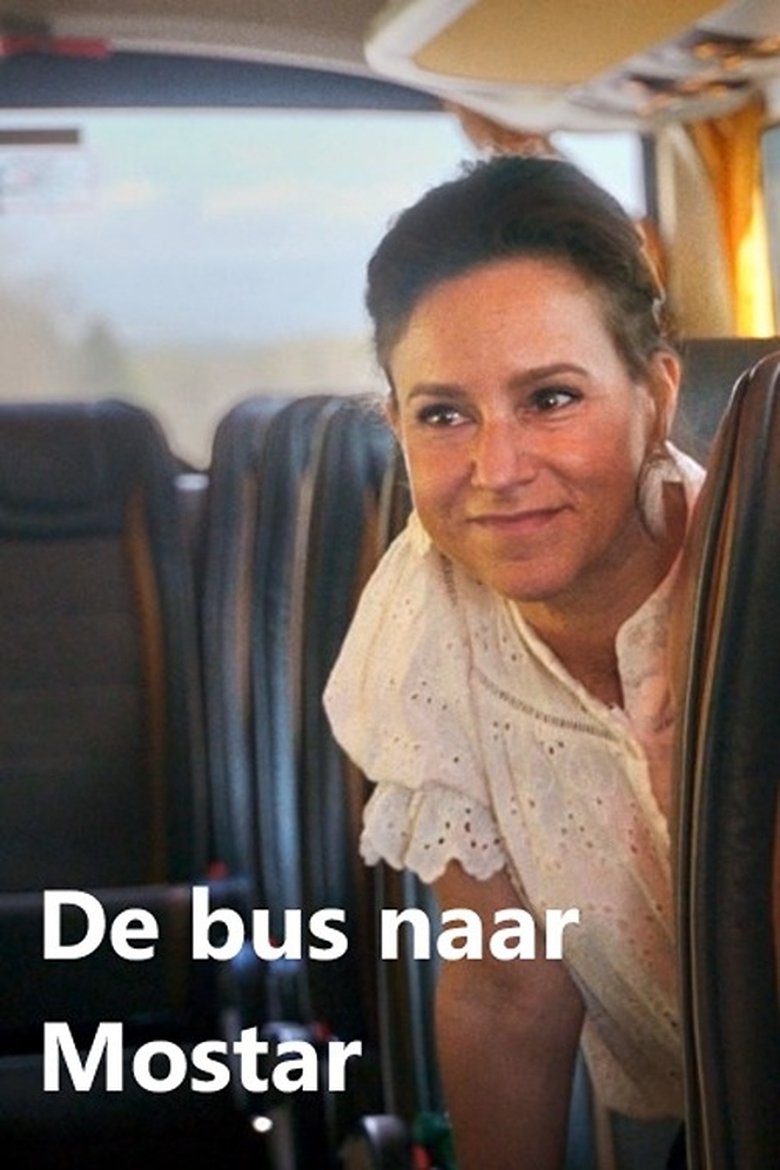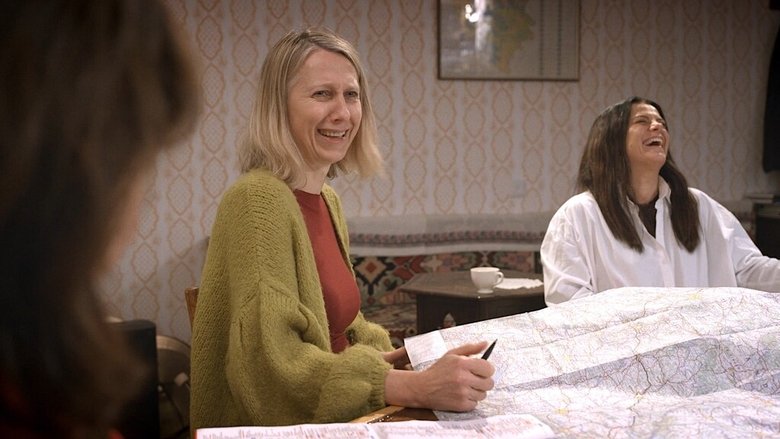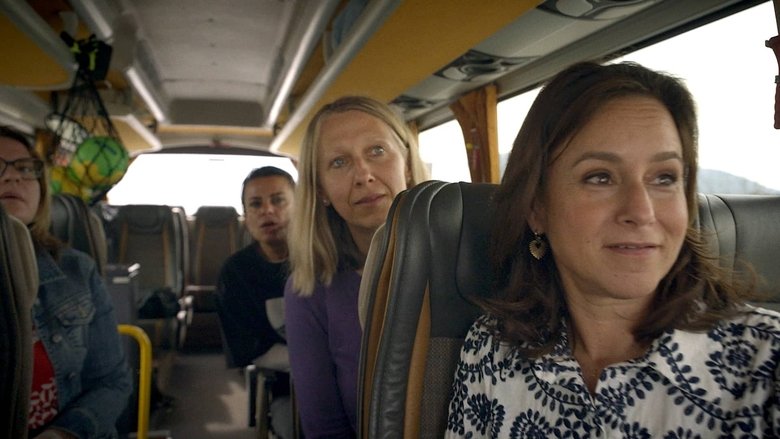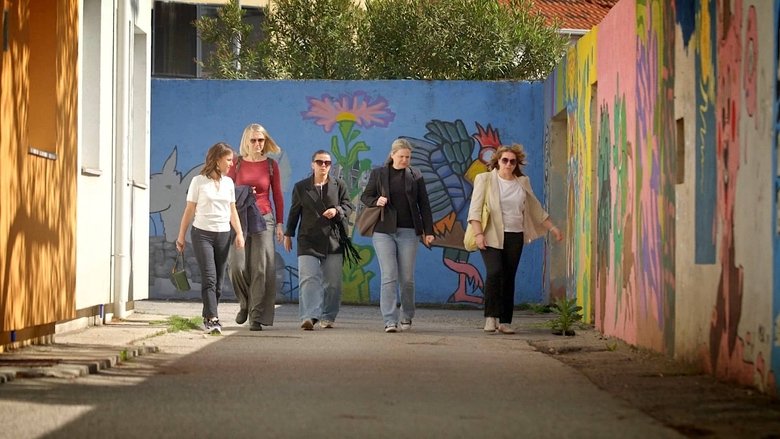


In 1992, 26 teenage girls from Mostar boarded a bus to Oosterblokker in North Holland for a handball tournament. Unbeknownst to them, it was their coach's plan, with their parents' consent, to get the team to safety. During their journey, war broke out. Returning was impossible. Tea, Lemja, Mirela, and Lidija stayed in the Netherlands for good. What impact did it have on a teenager when they suddenly had to leave everything behind—family, friends, their entire life—and ended up with a Dutch host family? Together with psychologist Iva Bicanic, they made the bus trip again, this time back to Mostar, in search of answers.

On the bus to Mostar, Tea, Lemja, Mirela, and Lidija reminisce about the time when feelings of loneliness, guilt, and shame arose. Together with psychologist Iva Bicanic, they visit places along the route where they stayed in 1992, for example, after their bus was turned away at the German border. That moment made the girls realize they weren't just a regular handball team, but refugees. Now, 33 years later, they reconnect with the people who helped them, sometimes illegally, continue their journey to the Netherlands. The journey brings back old memories and helps them process this trauma.

After a long journey home, Tea, Lemja, Mirela, and Lidija reach their birthplace, Mostar. As adults, they witness the dangers they barely grasped as children. Ordinary citizens were targeted by snipers and had to shelter in bunkers from hail of bullets. The journey teaches them that it takes courage to face memories, but also that friendship and solidarity can heal old wounds and overcome divisions.